AeroGenie — Ihr intelligenter Copilot.
Trends
Categories
St. Petersburg Officials Discuss Electric Air Taxi Network Plans
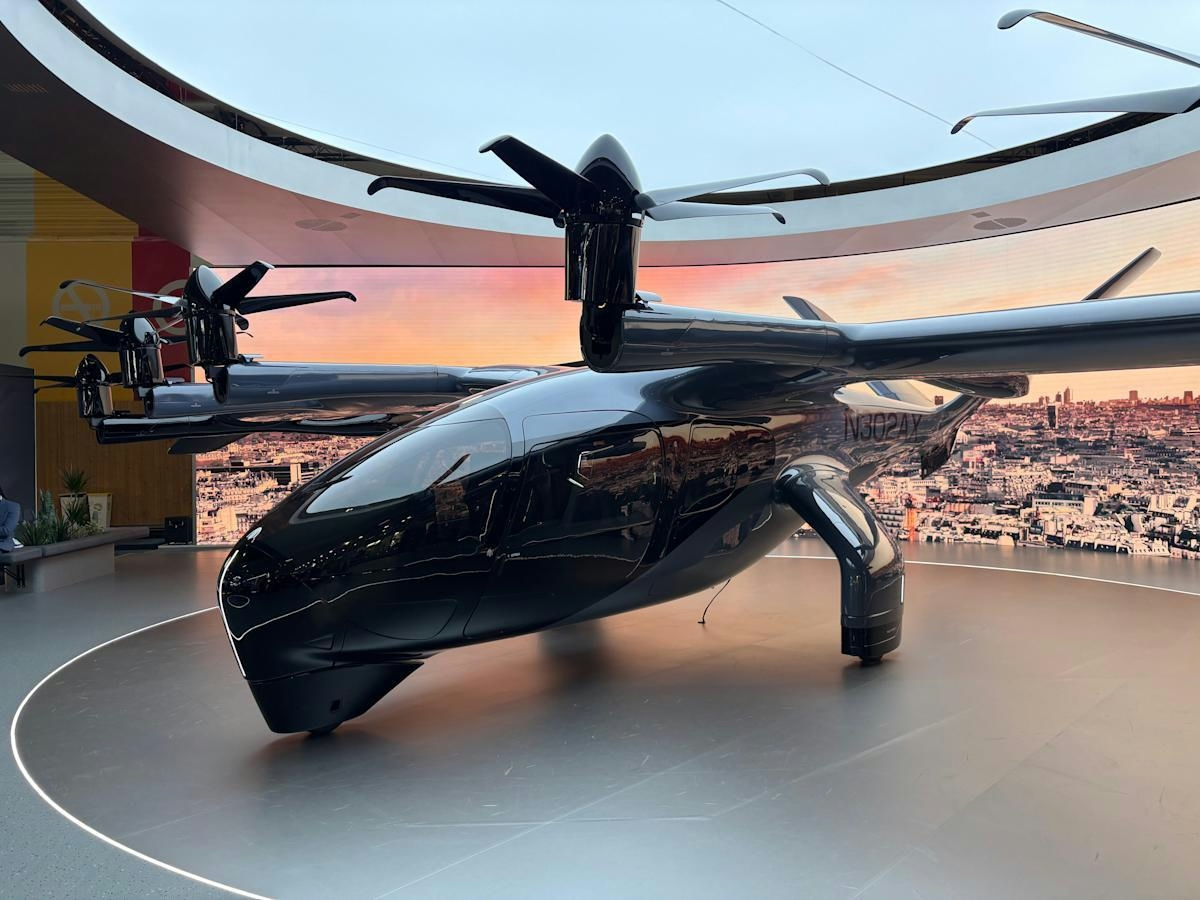
St. Petersburg Officials Discuss Electric Air Taxi Network Plans
Advancing Urban Air Mobility in Tampa Bay
St. Petersburg city officials are preparing to meet with manufacturers on Monday at 5 p.m. to deliberate on the development of an electric air taxi network intended to connect local airports by 2026. Spearheaded by the city’s Advanced Air Mobility Task Force, the initiative envisions a system of vertical-lift aircraft stops across the Tampa Bay region, with Albert Whitted Airport designated as the central hub. These hybrid vehicles, combining elements of planes, helicopters, and drones, represent a new frontier in urban transportation.
Rich Lesniak, director of Albert Whitted Airport, has initiated coordination efforts with neighboring airports to address critical issues such as air traffic control and operational logistics. Ed Montanari, leader of the task force and the originator of the concept in 2024, has drawn inspiration from futuristic visions of travel, notably referencing the animated series The Jetsons. The task force provided its initial progress report in August 2025 and plans to issue a subsequent update in November, with a comprehensive proposal slated for January 2026.
Technical and Regulatory Challenges Ahead
The upcoming meeting will concentrate on establishing technical standards, safety protocols, and ensuring compliance with federal aviation regulations. Proposed routes are expected to connect St. Pete-Clearwater Airport with Tampa International Airport, utilizing specialized landing facilities known as vertiports. These vertiports are designed to accommodate both passenger transport and emergency service operations. However, key questions remain regarding whether the aircraft will be piloted manually or operate autonomously.
Despite the city’s ambitious vision, the project faces considerable obstacles. Regulatory approval processes, the need for substantial infrastructure development, and the high costs associated with electric air taxi technology present significant challenges. Furthermore, the market is becoming increasingly competitive, with established companies such as Japan’s ANA Holdings and the U.S.-based Joby Aviation advancing similar initiatives. Joby Aviation’s recent acquisition of Blade Air Mobility’s urban air taxi business for up to $125 million is expected to intensify competition and accelerate efforts toward commercialization.
Investor sentiment toward the sector remains cautious, reflecting concerns over technological uncertainties and the scale of investment required. Meanwhile, traditional airlines like Southwest Airlines are exploring partnerships with advanced air mobility firms, signaling a potential expansion of their service offerings in response to this emerging mode of transportation.
Monitoring Global Developments
St. Petersburg officials are closely observing progress in other metropolitan areas where electric air taxi services have already been introduced, including Los Angeles, New York, and Dubai. The city’s ability to navigate the complex regulatory environment and overcome technical and financial challenges will be critical in determining whether Tampa Bay can establish itself as a leader in the next generation of urban air transportation.
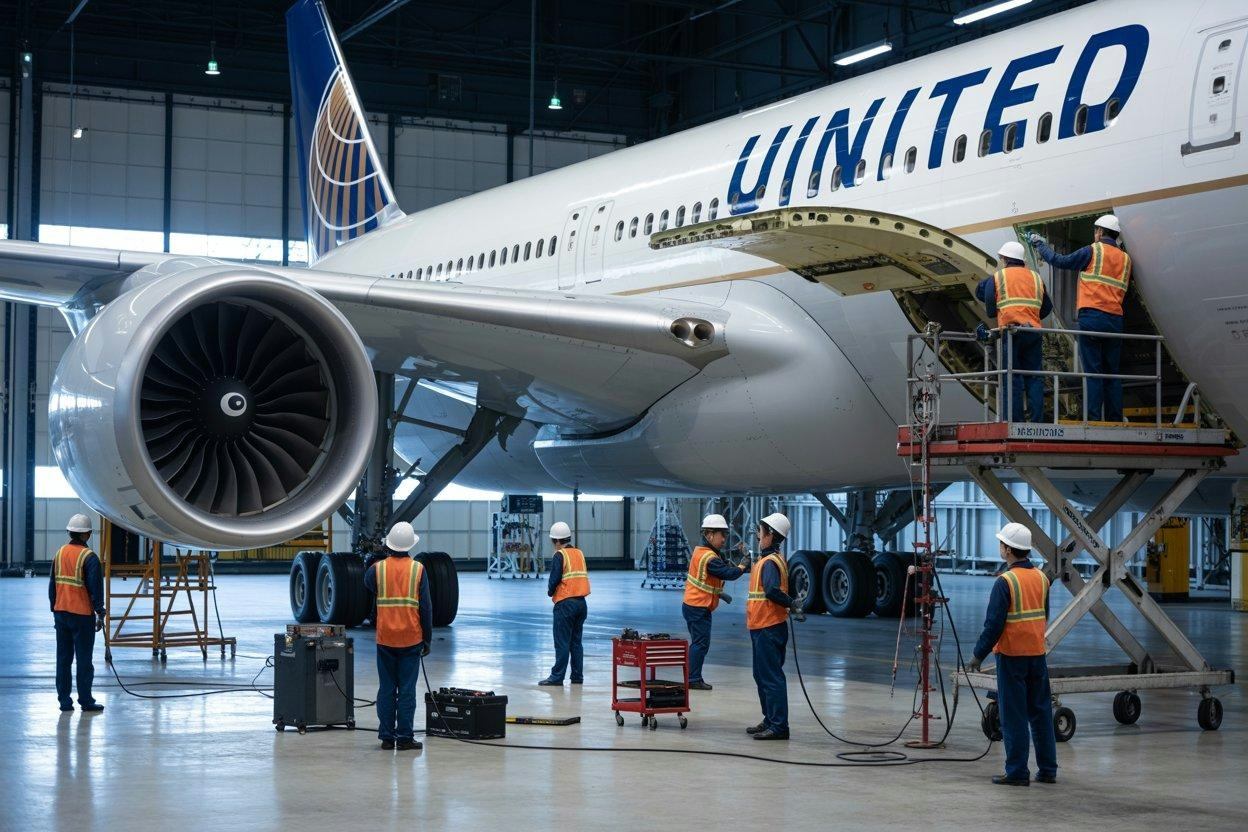
US Audit Identifies FAA Oversight Gaps at United Maintenance

The Impact of Agentic AI on Airport Operations
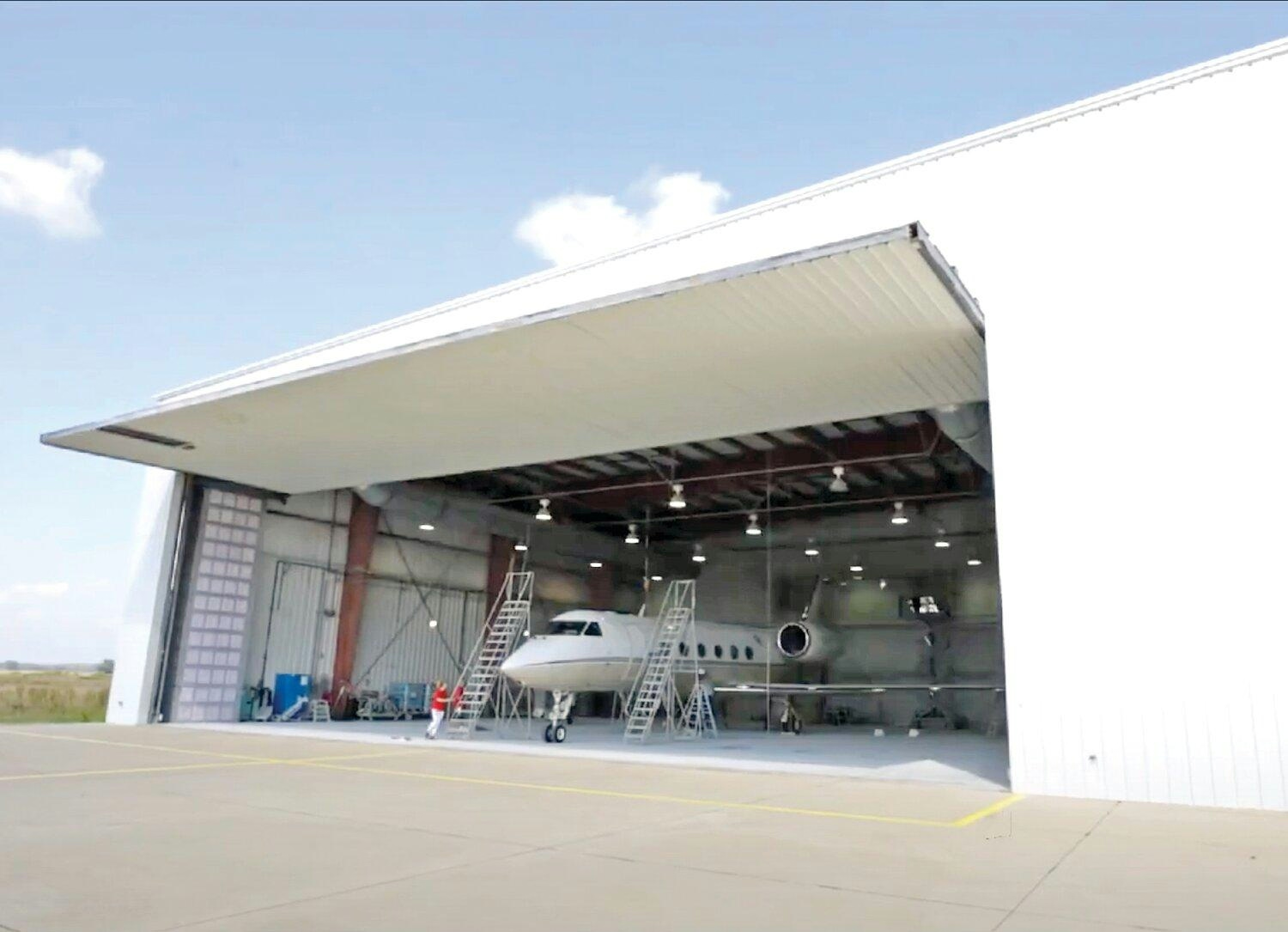
West Star Aviation Announces Expansion in Chattanooga
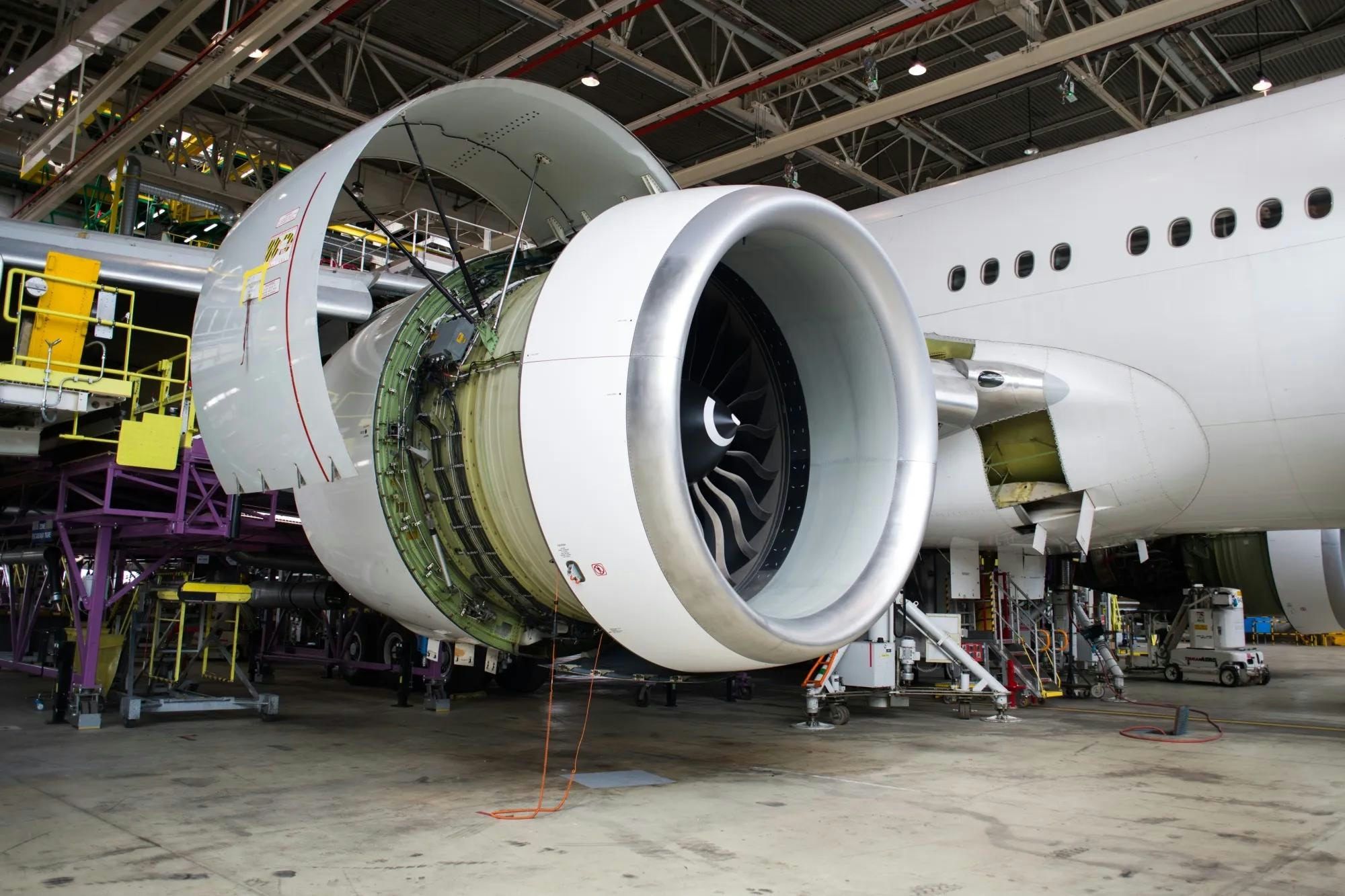
Signs Point to Easing of Aerospace M&A Backlog by 2026

Aviation Design Software Market Projected to Reach $2.8 Billion
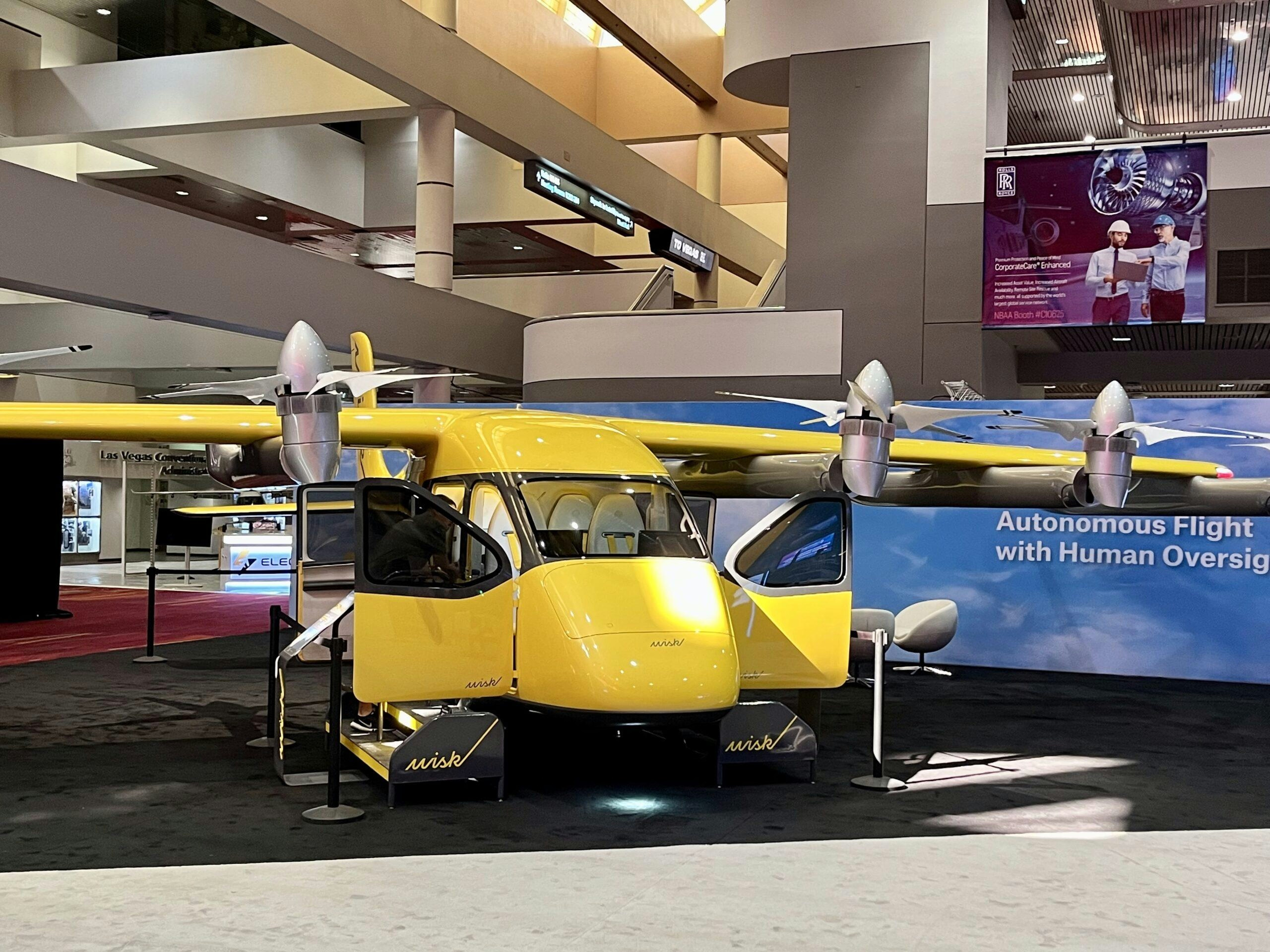
The Future of Aviation in Africa Amid Digital Transformation
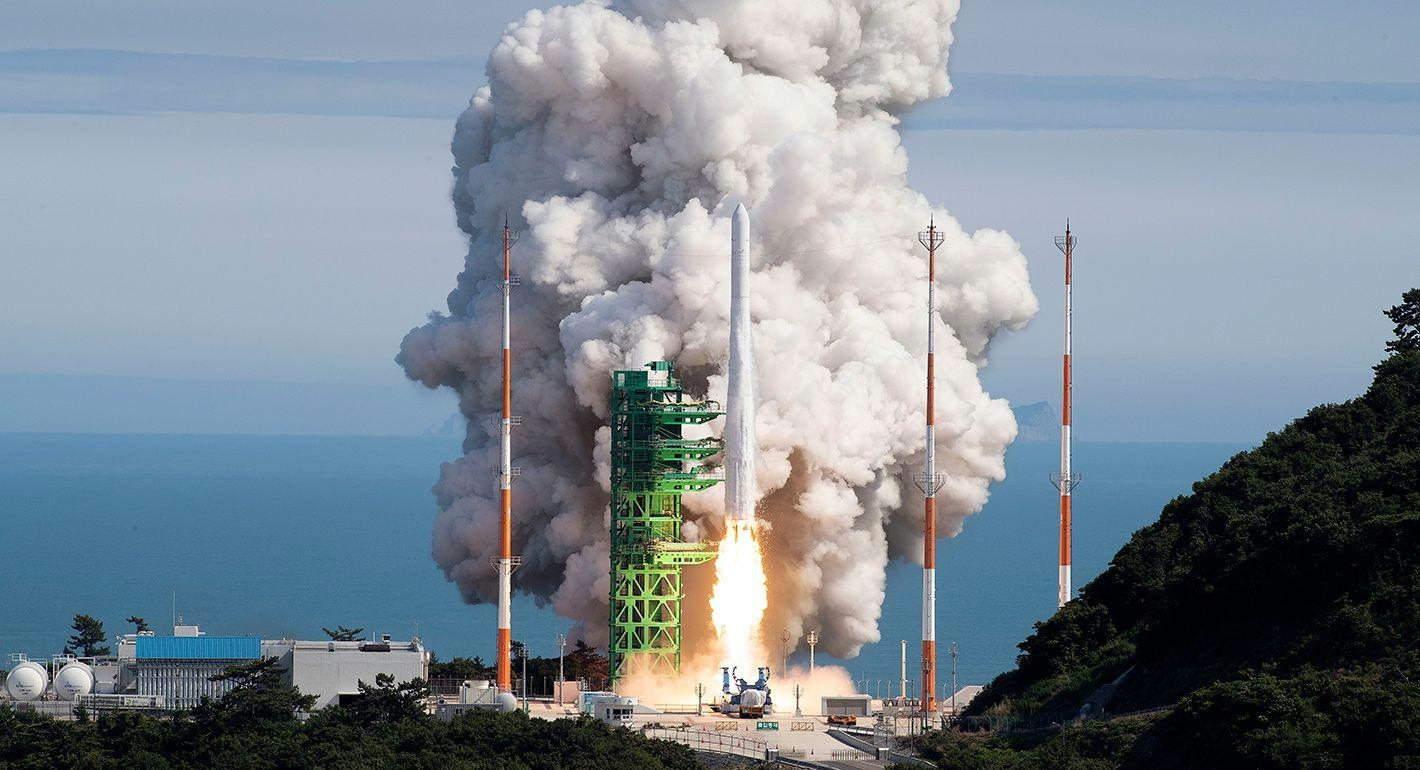
Gyeongnam Province Unveils Mid- to Long-Term Aerospace Industry Roadmap
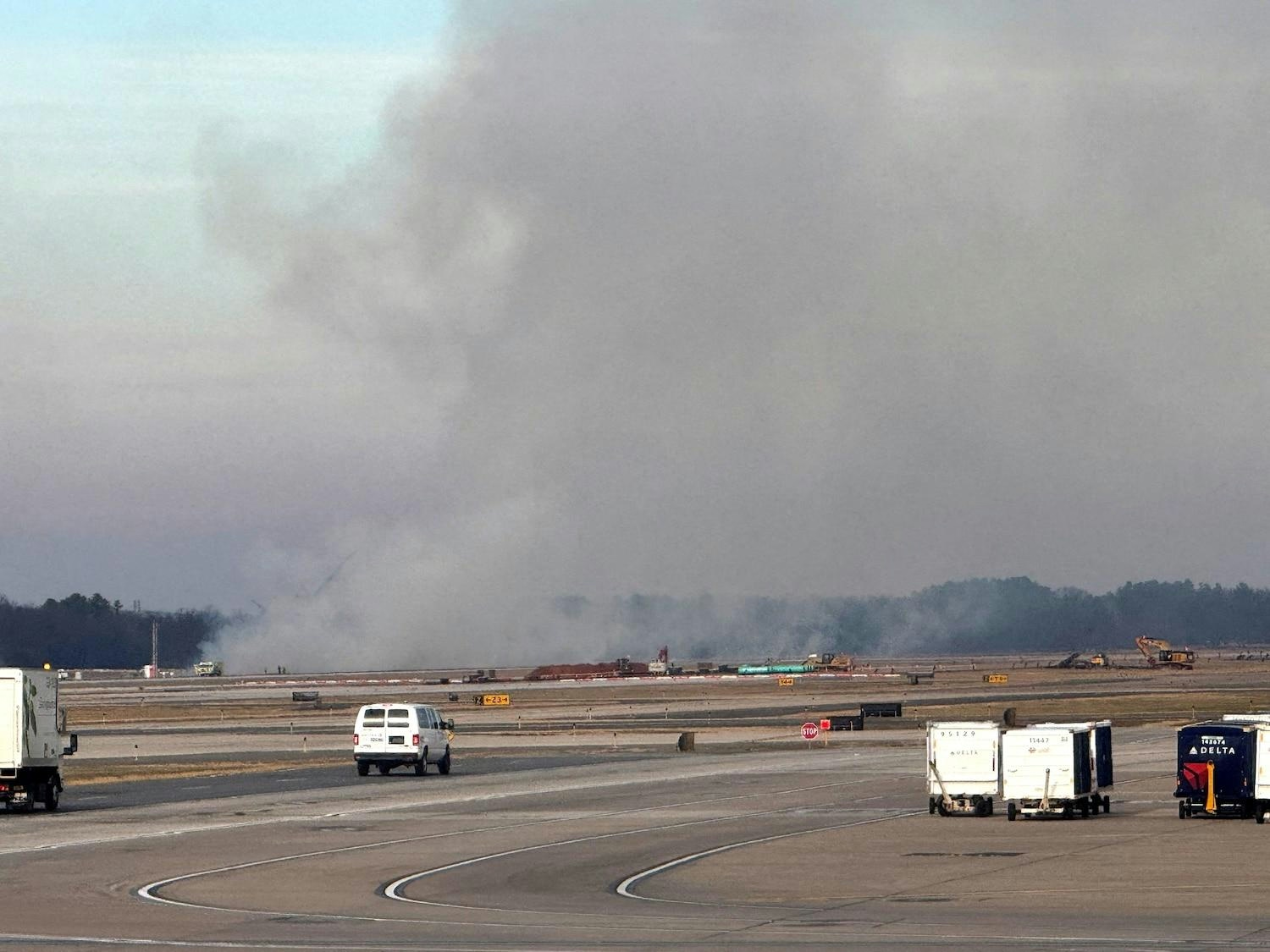
Delta Flight to Atlanta Suffers Engine Trouble, Sparks Grass Fire at Airport
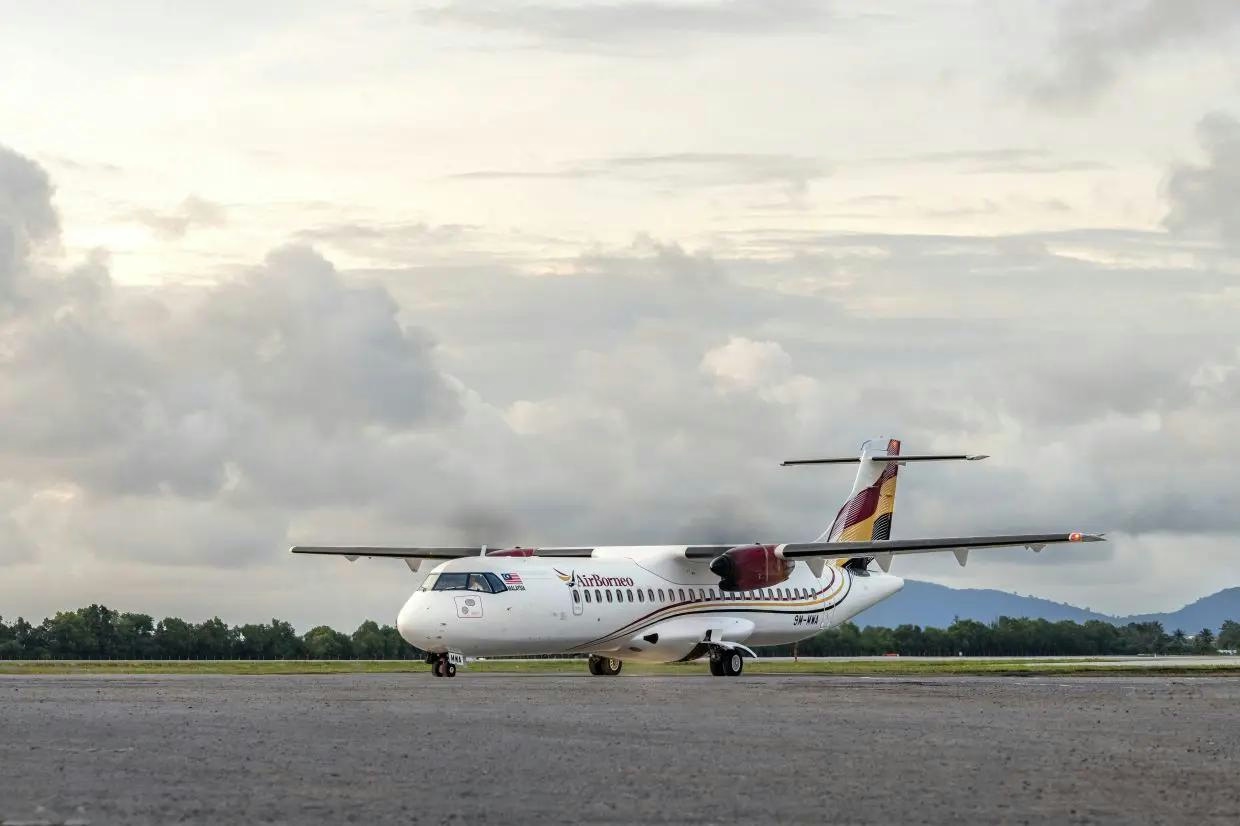
Sarawak's AirBorneo partners with IBM for AI-powered operations

PH Aerospace and MRO Exports Reach $603 Million, Says DTI
